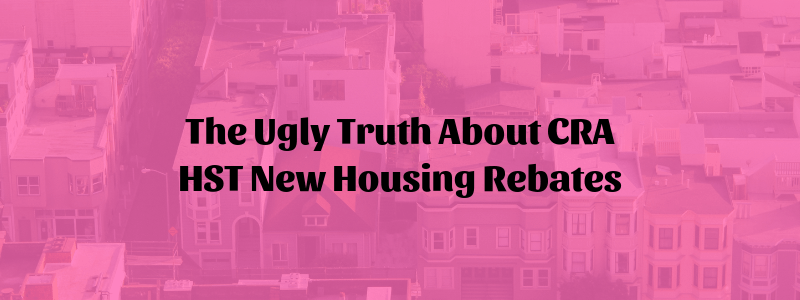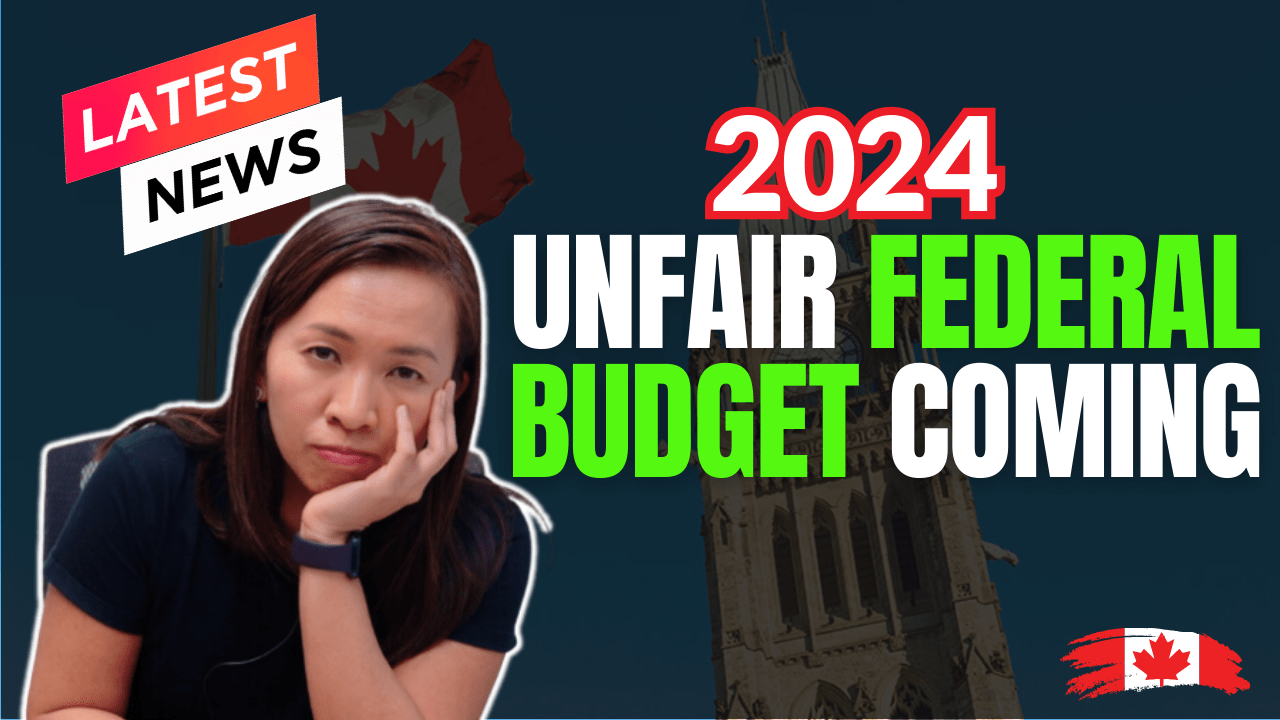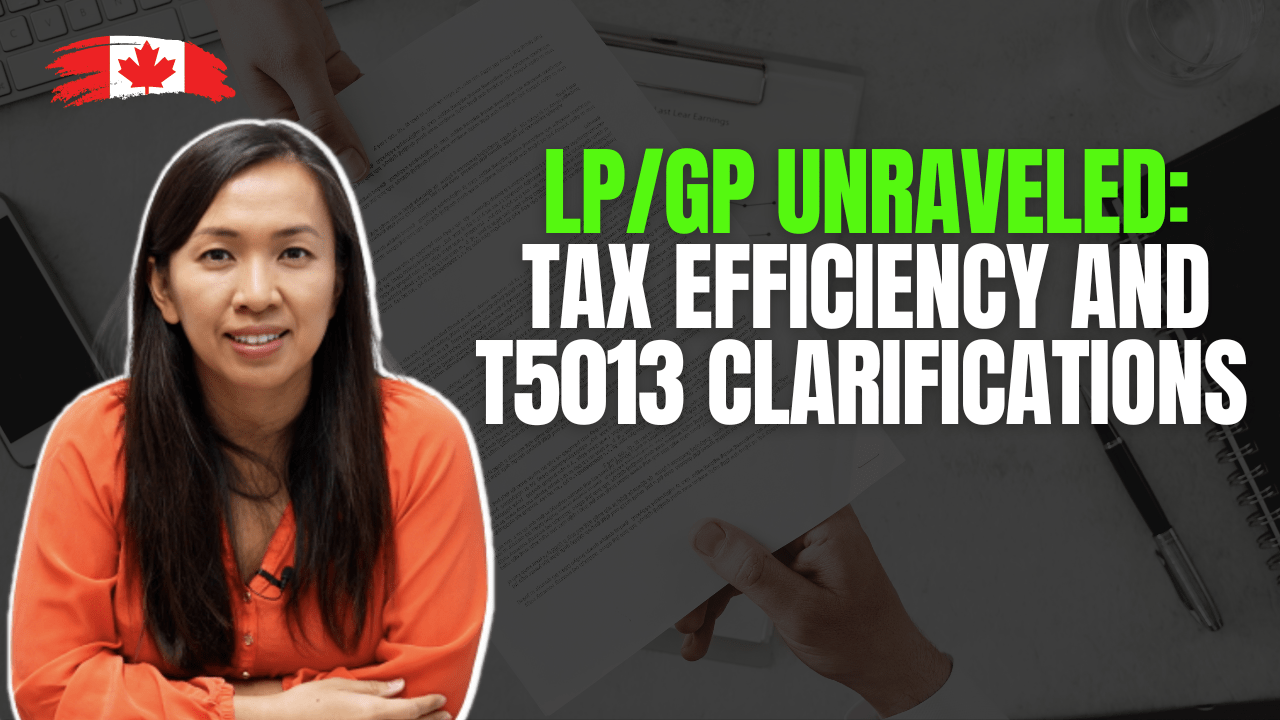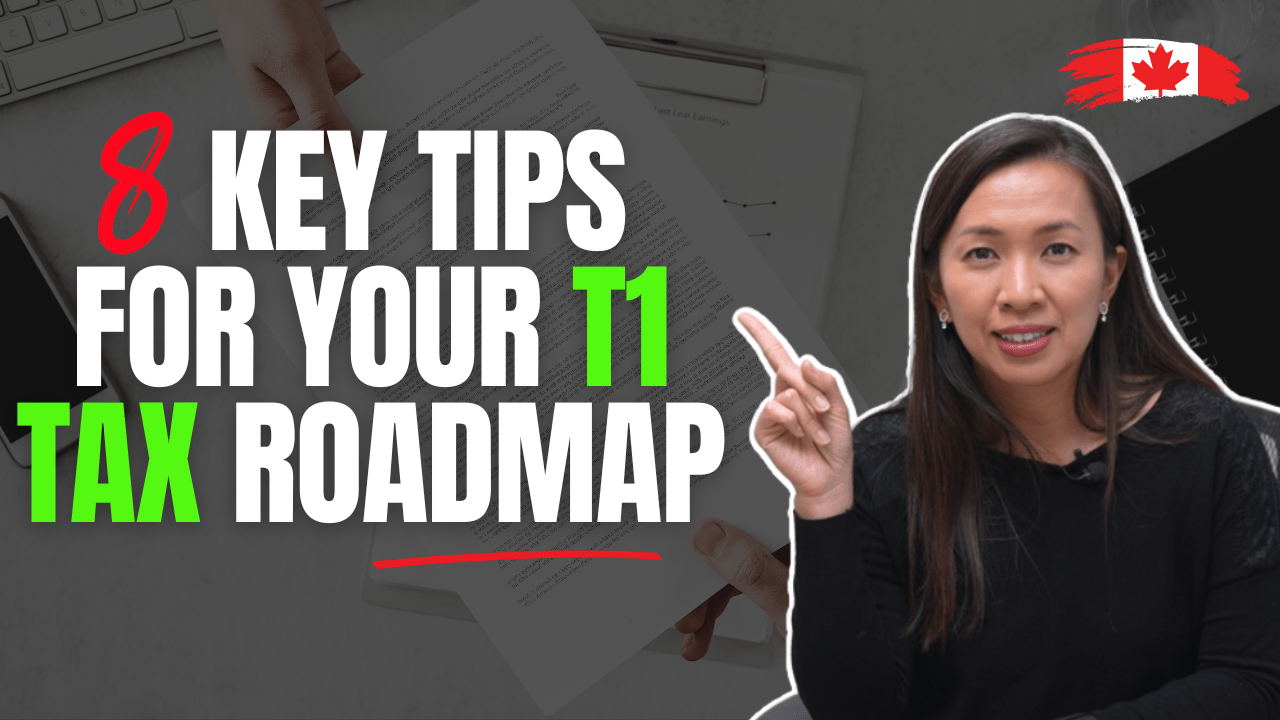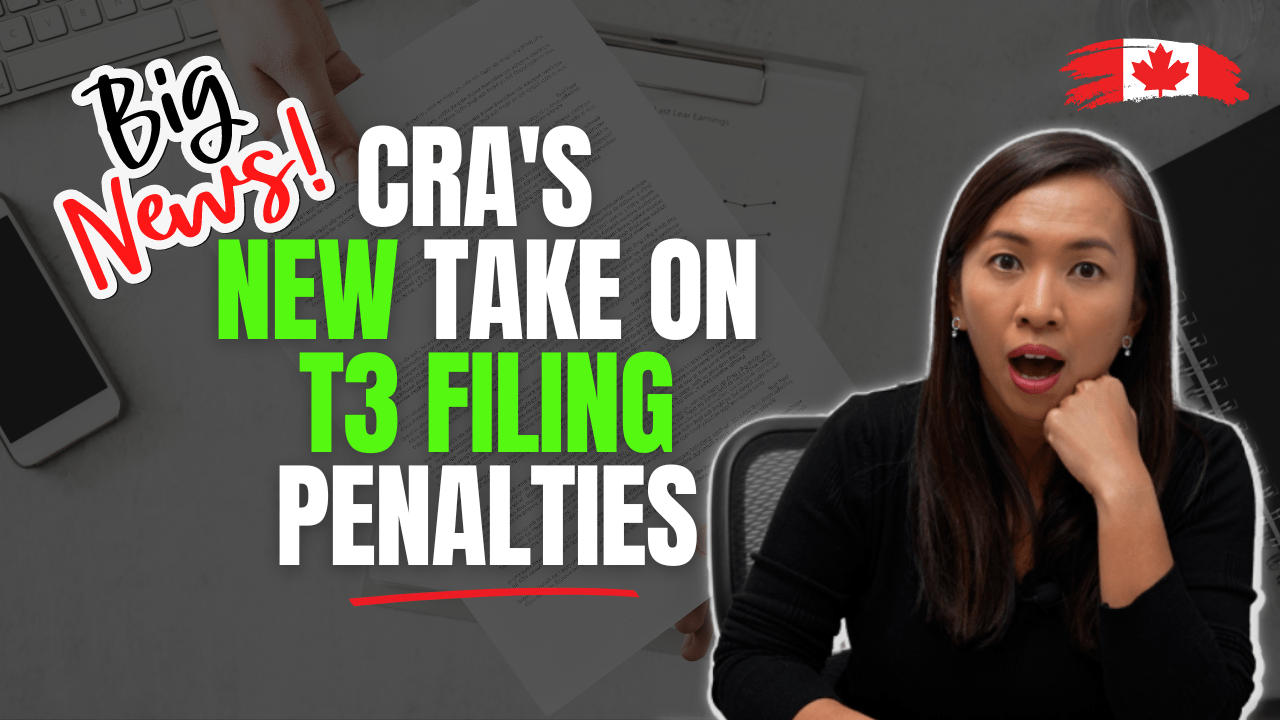My dad, being the grandpa, hadn’t seen my kids for years, until last month.
My kids are just three and four years old, and they don’t know any better. When we go shopping at a store, they generally don’t ask to get anything.
When the kids were perfectly happy just “hanging out” at Toys ‘R’ Us without buying any toys (I guess that’s why Toys RUs in the States went bankrupt ?), my dad showed up. He wanted to buy everything Bruce & Robin touched.

Kids posing around the Jenga tower we made together 🙂
He also spent a tone, which I normally wouldn’t, at a kids’ clothing store.
Between all the toys and new clothes, we ended up getting an extra bag coming home.
That’s exactly how I was raised too. My dad was busy, but he never said no to our requests, even if it was a big ticket item, such as going on a study trip
We visited my father-in-law this past weekend. He took the kids to the same store planning to spend a tone of money there as well.
Robin & Bruce spent a lot of time on these kids’ electric cars, the type the kids can drive around. My father-in-law was admiring them, making comments on how these toys’ design advanced throughout the years. I was very concerned that he would offer to buy them one of these cars.
I skillfully convinced my kids that making crafts and doing puzzles would be much more fun.
Maybe it’s the older generation; maybe it’s the culture.
Both my dad and my father-in-law preferred to “spend money” over spend time with our kids.
Admittedly, I get frustrated, bored and tired on spending time with kids from time to time, but…
Presence > Presents
Ever heard of the above quote? Erwin and I try hard to live by this rule. And we’re not perfect!
I recently got myself and the kids the game “Jenga”. They’re old enough to understand Jenga, but they typically don’t want to play it according to the rules.
Instead of playing it the regular way, we stacked up blocks, as high as it could be. They had fun stacking up these blocks, and I had fun spending time with them. ?
We’re getting us a couple more board games this upcoming Christmas. Still presents, but we are planning to have regular game nights with them.
Hopefully, we will be in their memories tomorrow. ?
Now on to this week’s topic.
I recently attended a professional development course hosted by a tax lawyer. I am so grateful that someone is sharing her personal experience dealing with CRA that all of us can learn from. If you think you may need a tax lawyer, get it now so you are not left in the lurch.
One common theme over these few years was that CRA has not been nice to taxpayers at all. CRA is aggressive in handling audit cases.
Sometimes, CRA is unresponsive. Issues can be resolved, but it was dreaded over deadlines, and taxpayers are left with nothing but a large tax bill. ?
The audit initiative on real estate investors continued. This includes an audit on principal residence exemption, income vs. capital gain (flips are income, long-term buy and hold resale are capital gain), gross negligence penalty and HST issues (mostly on new home residential rebate).
The tax lawyer went through one recent court case relating to HST residential rebate that’s quite interesting.
In this case, Cheema v. R. 2018 FCA 45, Cheema purchased a new home in Vaughan.
He couldn’t get financing on his own, so he got an unrelated friend, Dr. Akbari, to sign the agreement of purchase and sale and qualify for financing.
Dr. Akbari did not contribute any $$$ for the purchase.
Mr. Cheema and his spouse acquired 99% of the interest on closing, and Dr. Akbari acquired 1%.
Many real estate investors would be familiar with the concept and use of a trust declaration. A trust declaration essentially separates the legal ownership from beneficial ownership, allowing someone on the title but the true owner to be another person.
In this particular case, by use of trust declaration, Dr. A was indicating to the world (most importantly CRA and all government agencies) that he did not own any interest in the property. He was simply a bare trustee, he’s on the title, but he had no interest in the property.
He didn’t pay for anything. Mr. Cheema and his spouse did.
If you don’t know already, when you purchase a new home, you’re required to pay HST.
If you declare to move into the property, you’re eligible to claim an HST residential rebate through the builder.
All these calculations are done in the stack of paper you signed at the time of closing. And they’re part of your purchase price.
To be eligible to claim the HST residential rebate, the purchaser must occupy the new property as primary residence.
Mr. Cheema was the purchaser. He and his spouse paid for the downpayment and lived in the property. They both paid for all the expenses related to the property.
They even had legal documents, i.e. the trust declaration, to prove it!
But CRA’s position is that Dr. A was the purchaser.
Since Dr. A did not occupy the property, the taxpayers could not qualify to claim the residential rebate.
Essentially, CRA and Federal Court of Appeal took the literal interpretation of the law, disregarding the intent of the rebate and ignoring the trust declaration.
They disallowed the HST residential rebate.
When the HST residential rebate was drafted into legislation, the Parliament intended to assist buyer of new houses in their purchase.
With the ruling of this court case, they’re setting precedents to Canadians who need help from others buying a new house that if they are choosing to get help, they’re losing this residential rebate.
And these same Canadians are what this residential rebate was set out to help. ?
They are still appealing. They appeal to the Supreme Court of Canada in April 2018.
We will keep you posted how this appeal goes.
Until next time, happy Canadian Real Estate Investing.
Cherry Chan, CPA, CA
Your Real Estate Accountant
